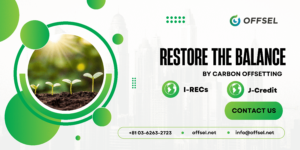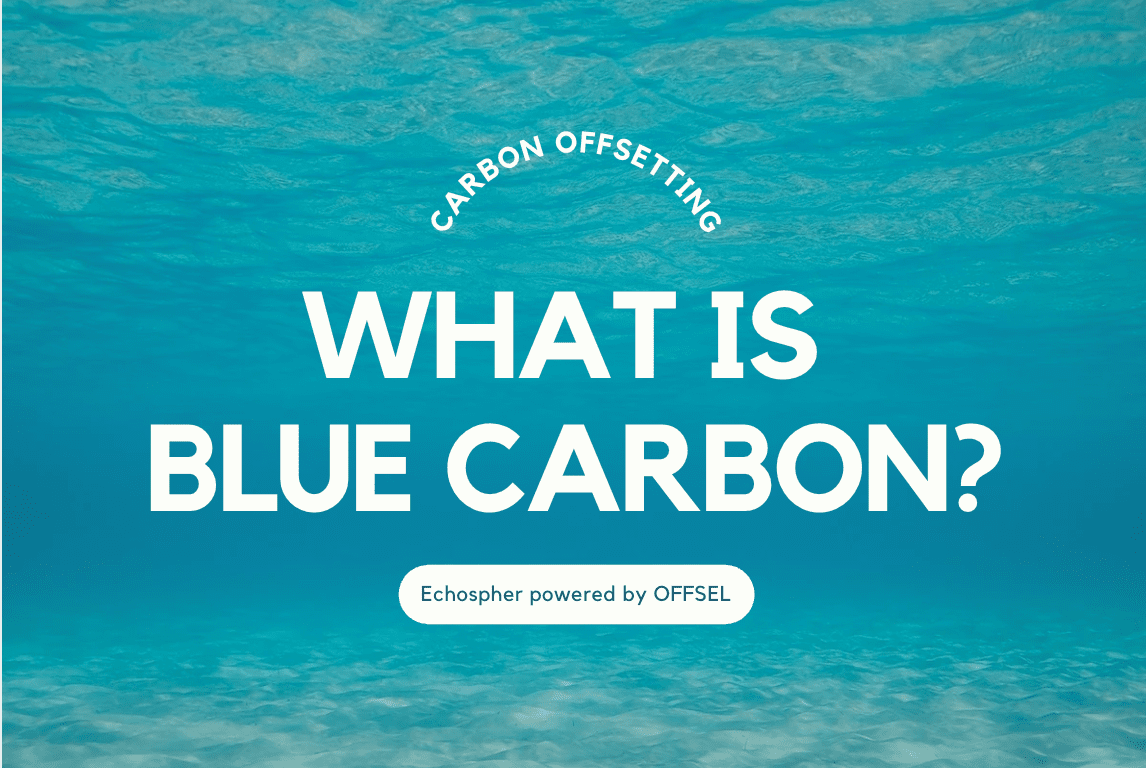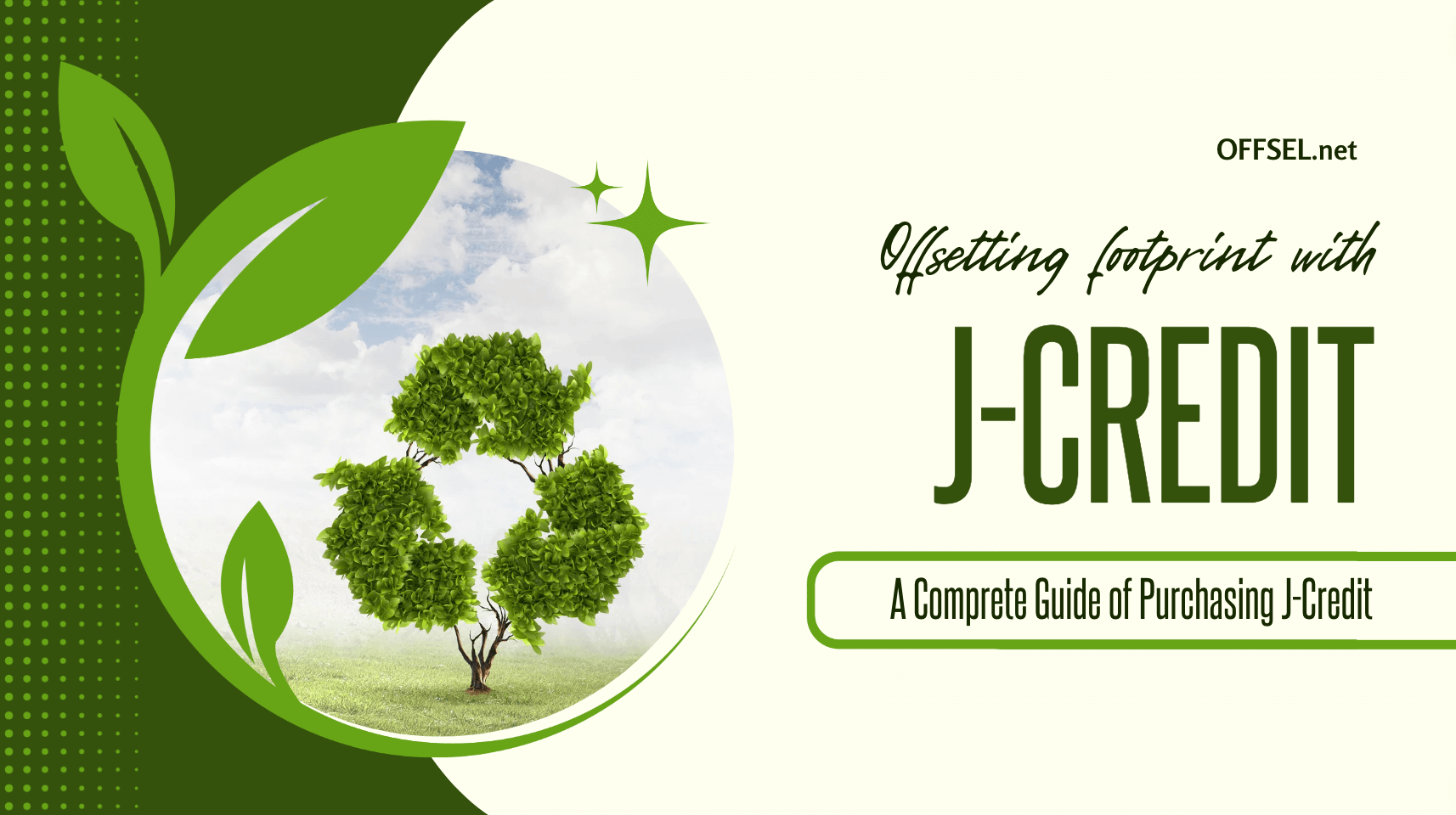What is an International Renewable Certificate (I-REC) and How does it Work?
- CO2-reduction
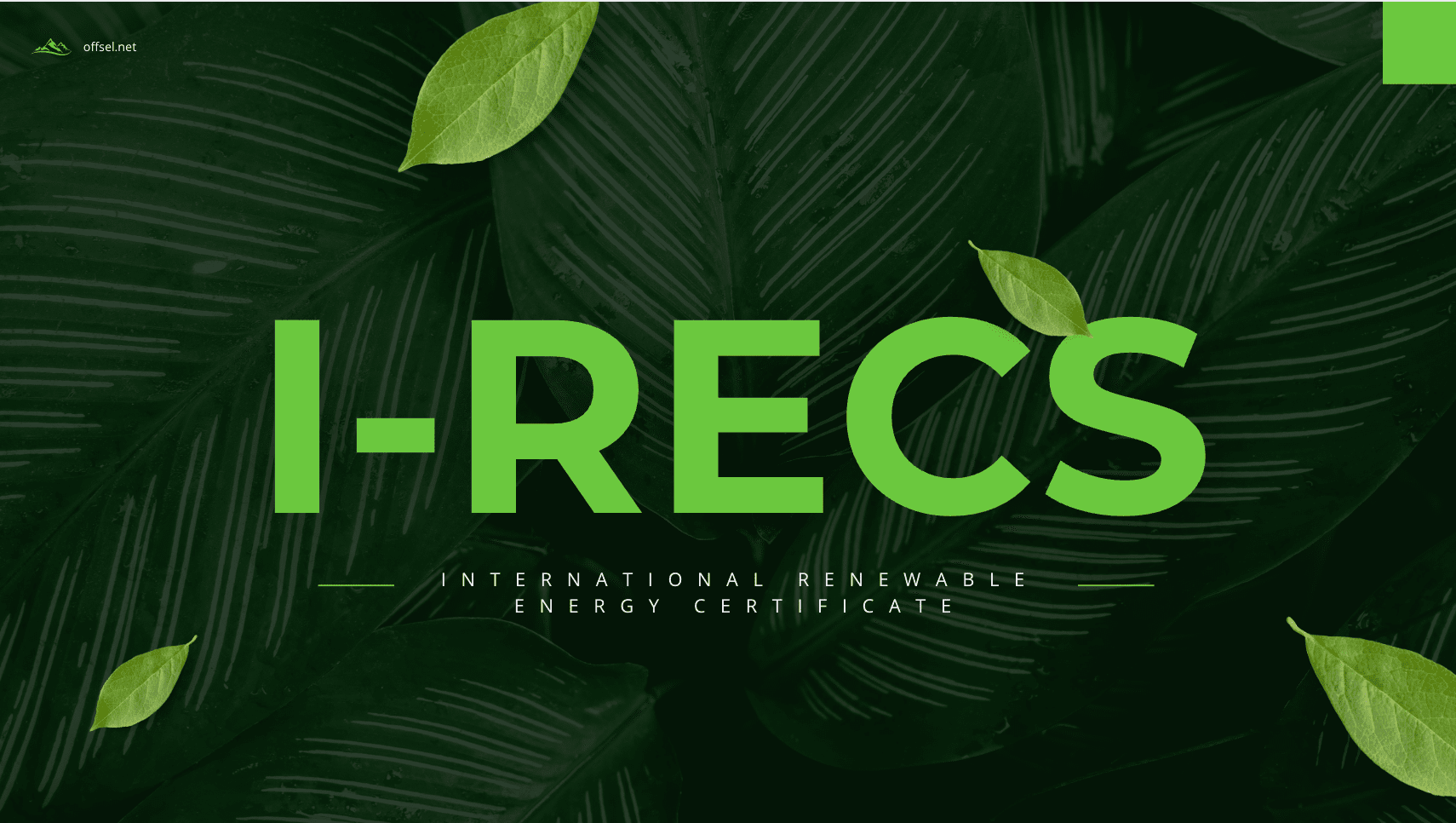
Table of Contents
What is an I-REC (International Renewable Certificate) for Erectricity?
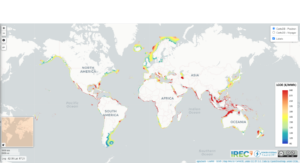 Copyright: I-REC
Copyright: I-REC
I-REC is an international renewable energy certificate issued in more than 50 countries and regions. Renewable energy certificates demonstrate and prove that companies and organizations are using renewable energy.
I-RECs serve to make efforts of companies and individuals towards the environment transparent and to promote the adoption of renewable energy.
Key Takeaways:
Why are I-RECs important?
Since the Paris Agreement in December 2015, actions for reducing greenhouse gas emissions to net-zero have been increasing worldwide.
Net-zero means that the total amount of greenhouse gasses emitted, primarily carbon dioxide, is effectively reduced to zero by offsetting emissions with absorption through activities such as afforestation and forest management.
Since renewable energy emits little greenhouse gasses and help us to achieve decarbonization, we need to make sure to introduce it. I-RECs represent the environmental value of renewable energy (RE) electricity as certificates.
It is very difficult to identify if electricity is generated from renewable sources as it requires verification of transmission and distribution facilities and power plants.
However, with third-party certification and proof via a certificate, it can be clarified that the electricity is generated from renewable sources.
Additionally, I-RECs’ renewable energy sources can verify details about where the electricity was produced and whether there have been any issues to date.
What is criteria to issue I-RECs?
Each country has different requirements for I-RECs. For example, in Japan, I-RECs can be issued even for self-consumption electricity, including self-delivered power.
However, there is a common requirement as well. The electricity must be generated from solar, biomass, thermal, geothermal, wind, or hydro, and it also needs to obtain a Guarantees of Origin (GO) or Renewable Energy Certificate (REC) for issuing I-RECs.
I-RECs can be used for reporting in international initiatives such as SBT, CDP, and RE100.
Updated list of countries I-RECs can be issued
According to echoz.com, following countries can issue I-RECs;
| -Japan -Argentina -Brazil -Chile -China -Colombi-Costa Rica -Congo -Dominica -Egypt -El Salvador -Ghana -Guatemala -Honduras -India -Indonesia -Israel -Jordan -Nigeria -Malaysia -Mexico -Morocco -Oman -Panama -Peru -Philippines -Russia -Saudi Arabia -Sri Lanka -Singapore -South Africa -South Sudan -Taiwan -Thailand -Turkey -UAE (United Arab Emirates) -Uganda-Vietnam |
Benefits of purchasing I-RECs
Contribution to carbon neutrality
Purchasing I-RECs contributes to be carbon neutrality. Carbon neutrality is about balancing the amount of greenhouse gas emissions with the amount absorbed.
By issuing I-RECs, suppliers can deliver electricity generated from highly reliable renewable energy sources. Such efforts are highly valued in the global push towards a decarbonized society.
International initiative report
Globally, electricity certificates that verify the suitability of the generation location and method for renewable energy are common. I-RECs, which explicitly show these renewable energy attributes, can be used for various international initiatives, offering a significant advantage.
This is particularly beneficial for businesses that operate globally or are considering global expansion. The use of I-RECs can be significant for reporting in initiatives like Science-Based Targets (SBT), CDP scores, and RE100, enhancing the credibility and environmental commitment of the entity in question.
Global recognition
One of the benefits of issuing I-RECs is their high global recognition and trustworthiness. I-RECs are issued and used in over 50 countries and regions, and they are trusted by foreign companies with high environmental awareness and interest.
This high global recognition makes I-RECs a highly regarded electricity certificate. Additionally, this recognition contributes to easier public relations, enhancing the visibility and credibility of the organizations that utilize them.
Difference between I-RECs and other EACs
What is REC (Renewable Energy Certificate)?
REC is a Renewable Energy Certificate issued through tracking systems in renewable energy sources. It is essential to implement the technology called Renewable Portfolio Standards (RPS).
The RPS system indicates the obligation that the energy companies utilize a certain amount of renewable energy, and it has been adopted in Australia, South Korea, and the United Kingdom.The main distinction between I-REC and REC is the necessity of implementing an RPS system and its widespread use in North America, including th and Canada.
GO (Guarantee of Origin)
GO is a system related to the EU’s tracking system and renewable energy certificates. It enables consumers to verify and compare the methods used to generate electricity.
EU member states are obligated to establish tracking systems. Unlike I-REC, there are no restrictions or obligations related to the target countries in the case of GO. Therefore, countries outside the EU can also use I-REC to issue renewable energy power certificates and develop tracking systems.
A unique feature is the ability to compare and use different electricity generation methods, even outside EU member states.
You may also interested in:
Everything About Carbon Credits: How They Work and their Benefits.
How to purchase I-RECs
Issuing I-RECs in-house
Businesses can issue I-RECs themselves using renewable energy generation facilities, a common approach being the use of solar power installations. In many cases, businesses set solar panels on their rooftops that allow them to generate renewable energy directly.
This approach is a significant measure towards genuine decarbonization. If managing the process in-house is challenging, it is recommended to delegate the procedure to intermediary agencies.
Purchased from other businesses
Although businesses can issue I-RECs themselves, they also have options to purchase I-RECs issued by other companies.
This alternative is particularly relevant for businesses that find it challenging to implement their own renewable energy generation facilities. Purchasing I-RECs issued by other companies can be facilitated through intermediary agencies.
While this approach is indirect, it allows companies to engage in decarbonization management and promote their commitment to reducing environmental impact without the direct burden of generating renewable energy themselves.
I-REC is a certificate that encapsulates the value of electricity generated from renewable energy sources. It offers benefits such as contributing to carbon neutrality and using them in reporting for international initiatives.
You May Also Interested In:
What Does It Mean To Be Carbon Negative? Difference Between Carbon Positive and Carbon Neutrality
Non-Fossil Certificates: Explaining Key Points for Corporate Decarbonization managers
CONTACT US
Please feel free to contact us at anytime.
We will get back to you as soon as we
can!
Editor
OFFSEL Owned by Erevista Inc, OFFSEL is specializes in Environmental issues, especially in carbon neutrality. We primarily provide the latest information on environmental energy.

